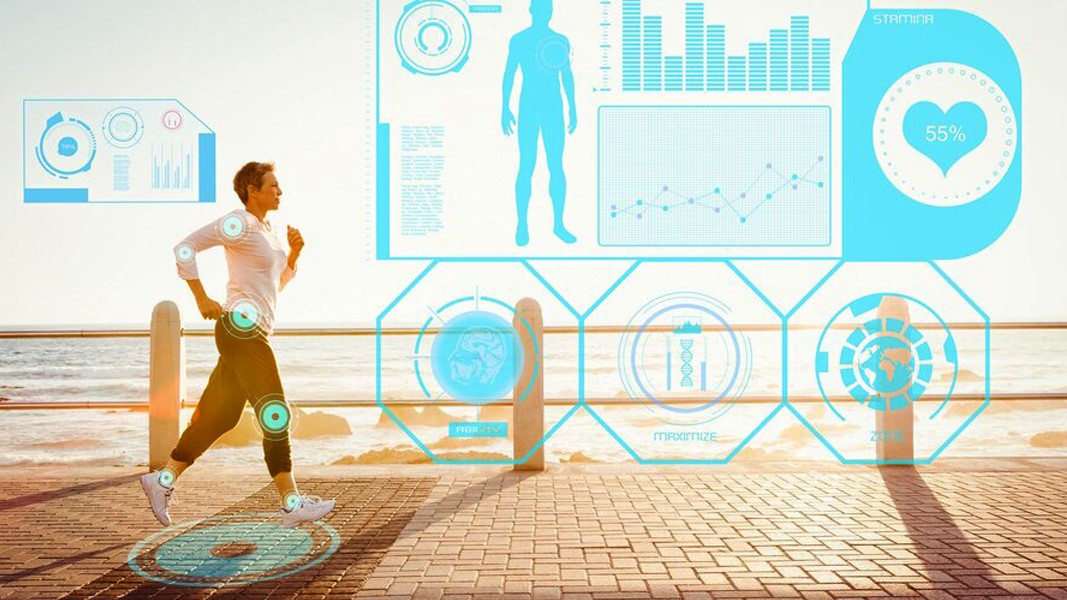Wearable technology is transforming the way we approach health and wellness. Beyond the simple step trackers of yesterday, AI-powered wearables now offer advanced features like real-time health diagnostics, stress management, and even early disease detection. Devices like smartwatches and smart rings are equipped with sensors that can monitor heart rate, blood oxygen levels, sleep patterns, and even stress levels with remarkable accuracy.
What makes these devices revolutionary is their ability to learn from user behavior. AI algorithms analyze collected data and provide personalized insights, helping users make better health decisions. Imagine a smartwatch that alerts you of potential heart issues days before symptoms appear or a ring that provides hydration recommendations based on your activity levels.
Moreover, wearables are increasingly integrating with telemedicine platforms, allowing doctors to access patient data in real-time. This enables remote diagnosis and treatment, making healthcare more accessible. However, the rapid development of these devices also raises concerns about data privacy and the potential misuse of sensitive health information. Striking a balance between innovation and ethical responsibility will be crucial for the future of this technology.

Share:
The Ultimate Guide to Natural and Organic Skincare
Smart Homes of 2030: Beyond Convenience to Full Automation